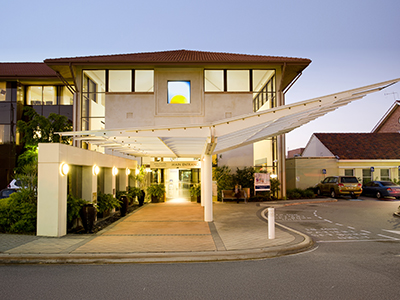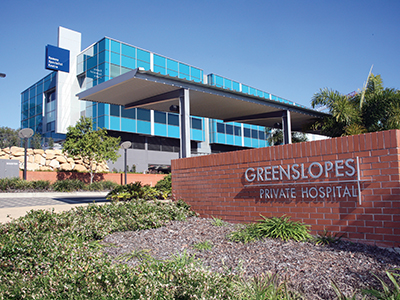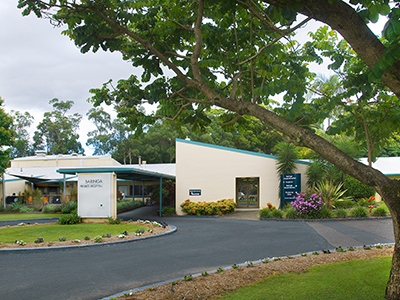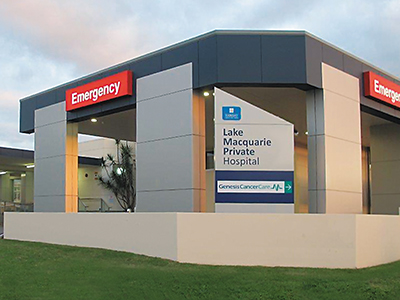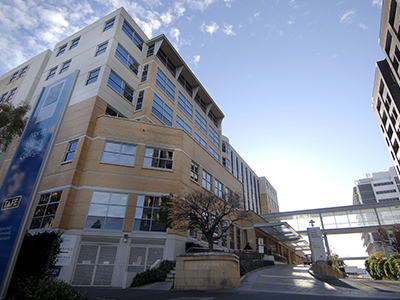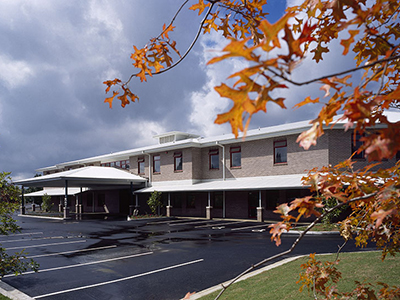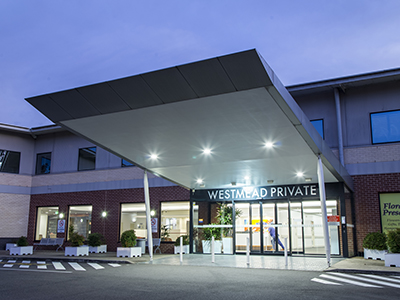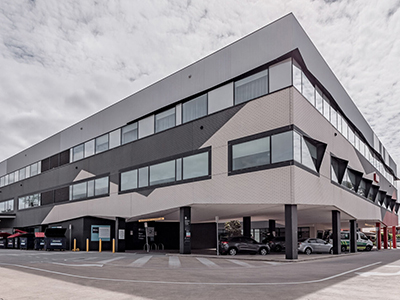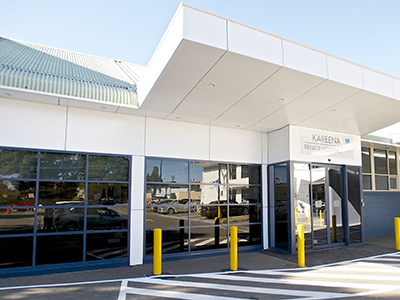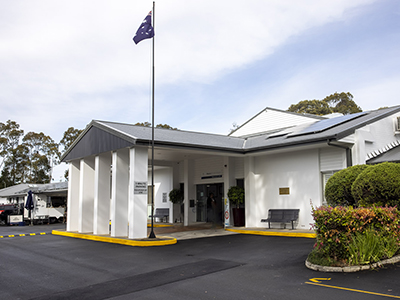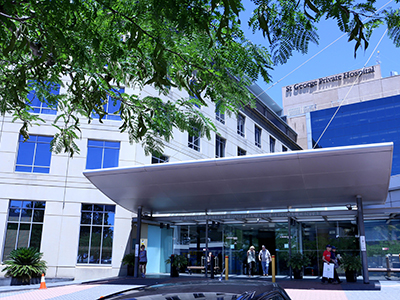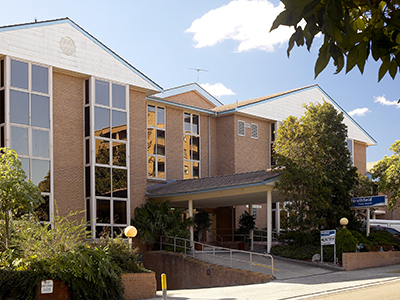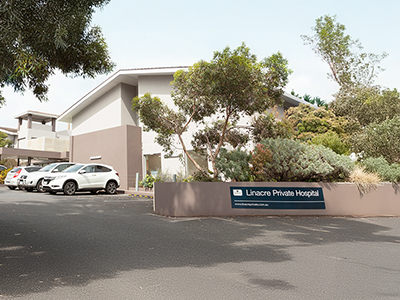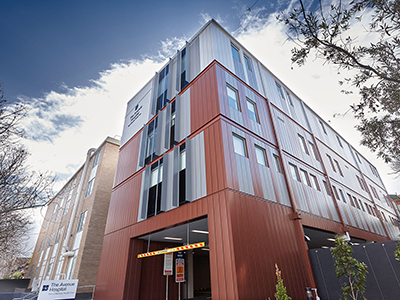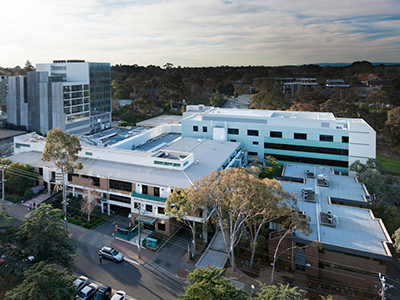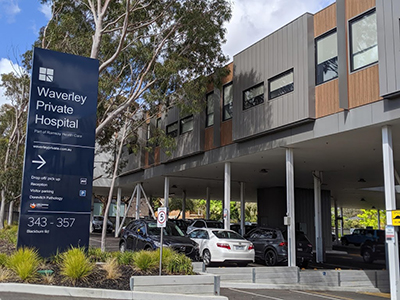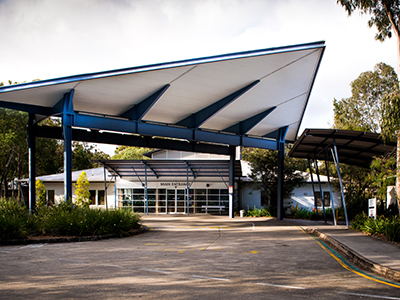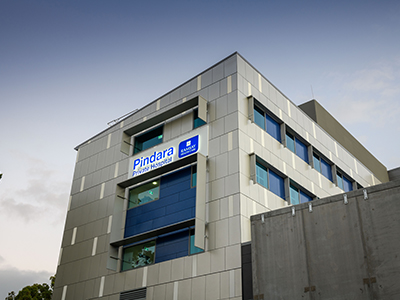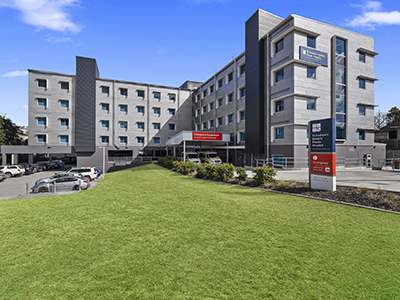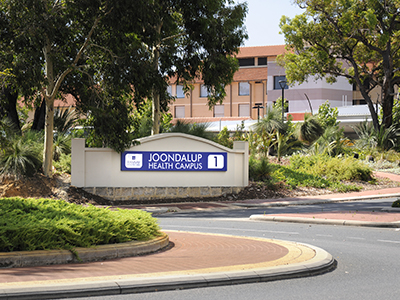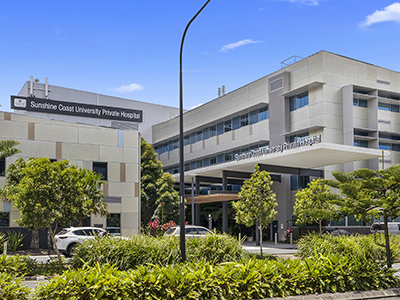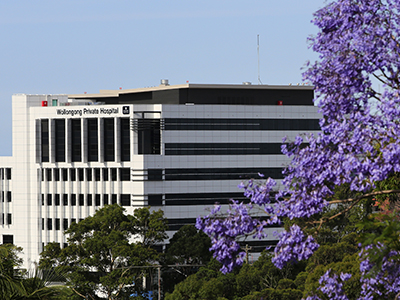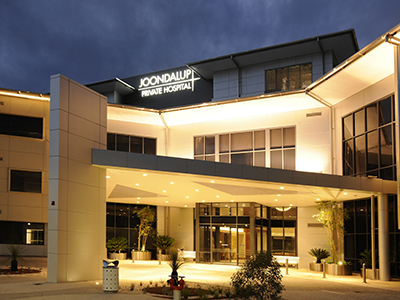Neurosurgery
Neurosurgery is a medical field that specialises in diagnosing and treating conditions of the brain, spine and nervous system. At Ramsay Health Care, experienced neurosurgeons provide expert care for a wide range of conditions, including brain tumours, spinal disorders and nerve-related issues.
Our patients are at the heart of everything we do and your health and wellbeing are our priority. That's why your care team will work with you to create a care plan tailored to your needs. And our holistic approach to health means you can access a wide range of services — all in one place.
Common conditions
A neurosurgeon may offer treatment and support for many different conditions. Below is a general guide to some of the most common. Click the plus sign (+) on the right side of each heading to expand and view more information.
Brain conditions
Brain tumours, aneurysms, traumatic brain injuries, epilepsy, hydrocephalus, and movement disorders like Parkinson’s disease.
Peripheral nerve conditions
Carpal tunnel syndrome, nerve injuries, and peripheral nerve tumours.
Spinal conditions
Spinal cord tumours, herniated discs, scoliosis, spinal fractures, and degenerative spine diseases.
Services overview
Neurosurgeons and care teams offer a wide range of services at Ramsay hospitals around Australia. Below is a general guide to some of the most common treatments available. Click the plus sign (+) on the right side of any heading to expand and view more information.
Brain tumour excision
Brain tumour surgery involves removing abnormal growths in the brain to help relieve symptoms. Whether the tumour is benign (non-cancerous) or malignant (cancerous), the goal is to reduce pressure on the brain.
Cervical spine surgery
Cervical spine surgery focuses on the neck area of the spine and is used to treat nerve compression, spinal instability, or chronic pain. It is designed to relieve symptoms like pain or numbness and can help improve movement.
Complex spinal surgery
Some spinal conditions need a more advanced approach. Complex spinal surgery is used to treat severe spinal deformities, tumours, or traumatic injuries. These procedures often involve reconstructing or stabilising the spine to help individuals move more easily and reduce pain.
Cranial surgery
Also known as craniotomy, cranial surgery involves opening part of the skull to access the brain. It’s a procedure used to treat conditions like brain tumours, aneurysms, or injuries, helping to relieve pressure and protect the brain function.
Deep Brain Stimulation (DBS)
DBS is known for its ability to help individuals with Parkinson's Disease. This procedure involves implanting electrodes in specific areas of the brain to help improve mobility, reduce tremors, and restore independence.
Disc replacement
A damaged spinal disc can cause ongoing pain and mobility issues. Disc replacement surgery changes the damaged disc with an artificial one, helping to relieve pain and maintain movement in your spine.
Discectomy
If a herniated disc is pressing on the spinal nerves or cord, it can cause pain, weakness, or numbness. A discectomy is the procedure used to remove the damaged part of the disc.
Epilepsy surgery
For some people with drug-resistant epilepsy, this procedure can be an option and involves removing or modifying the part of the brain causing seizures.
Lumbar spine surgery
Lumbar spine surgery targets herniated discs, spinal stenosis, and nerve compression in the lower back.
Ramsay Newsroom
Stay up-to-date with hospital news, developments, research highlights and innovation.
